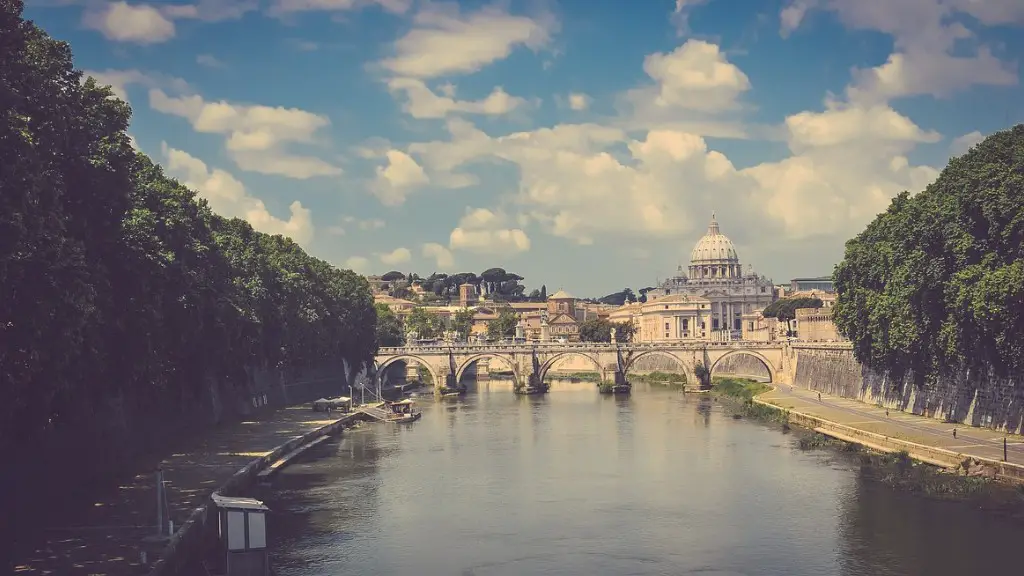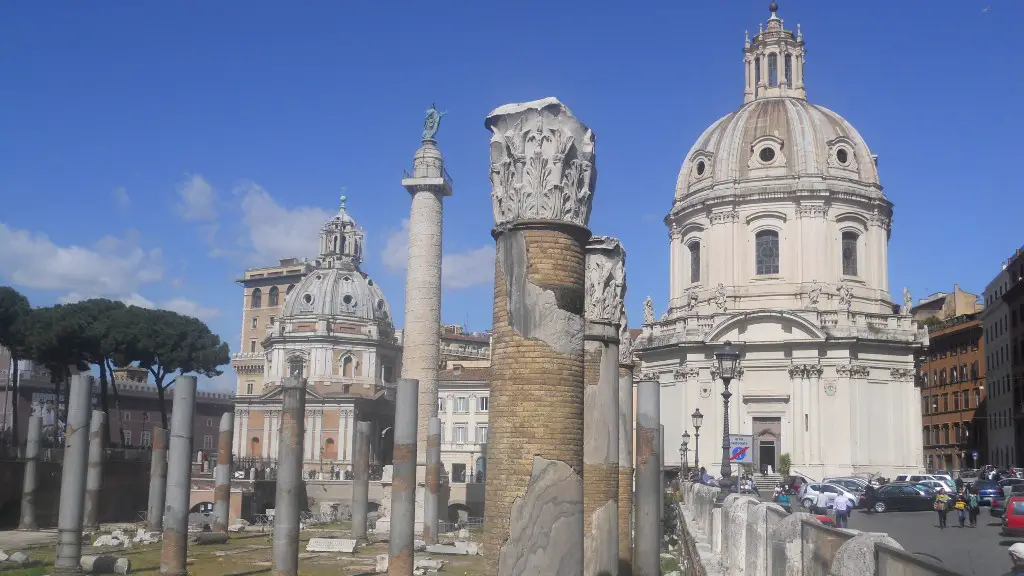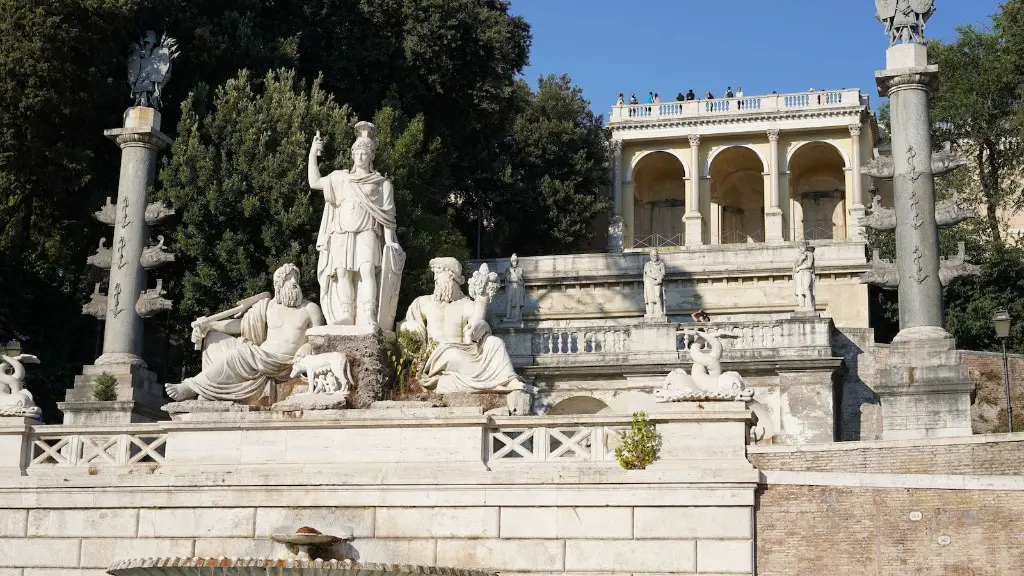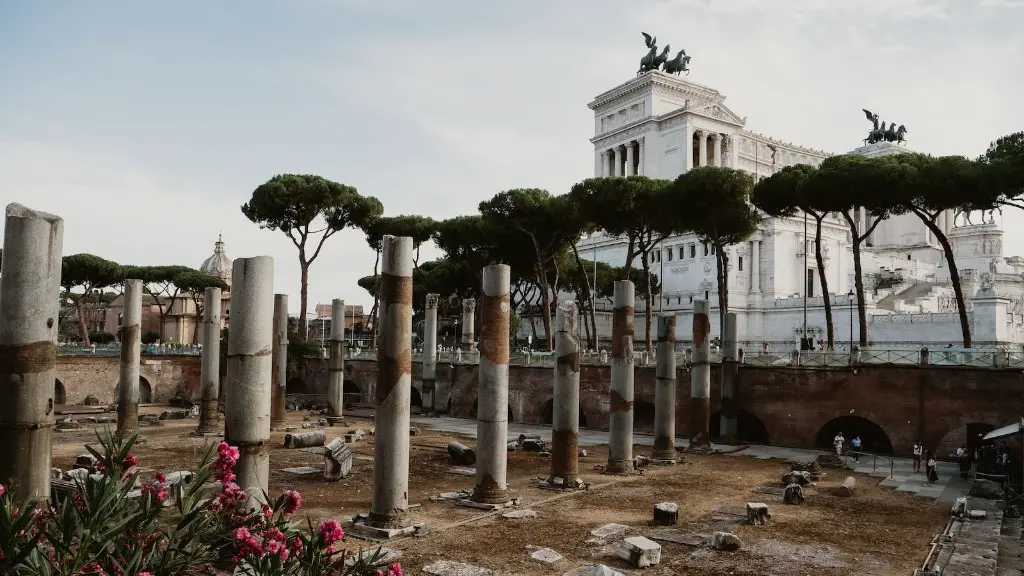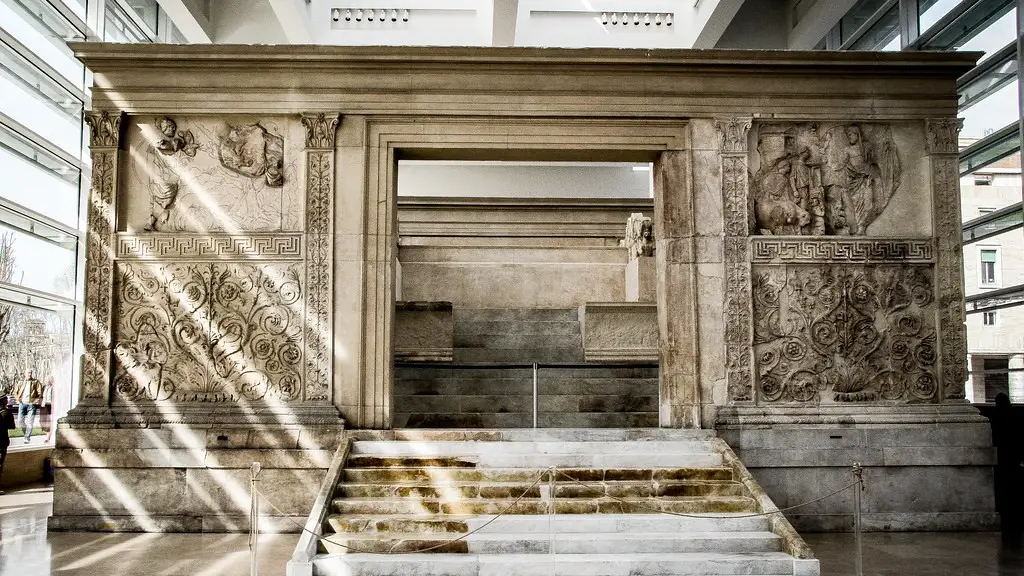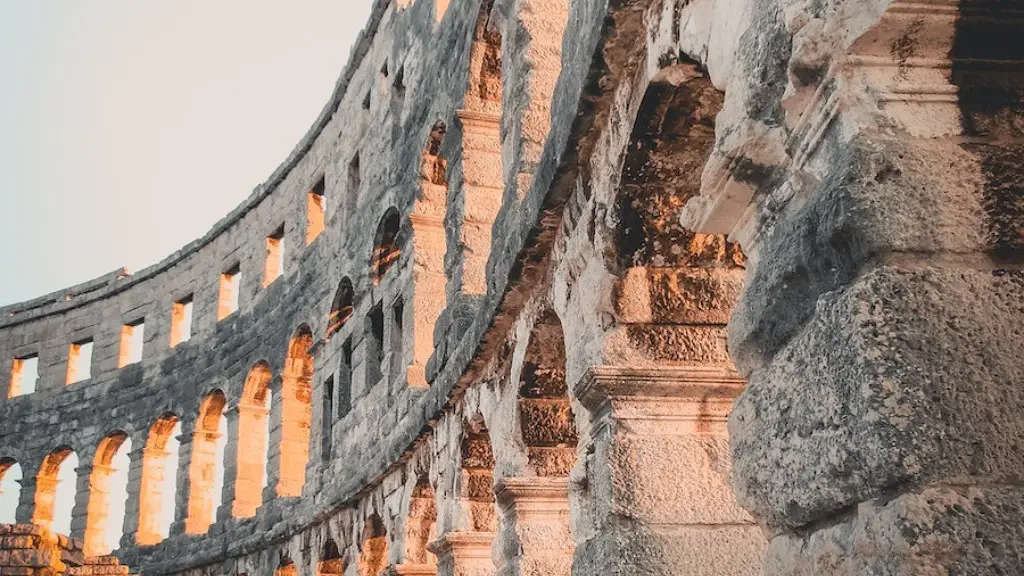There were a number of things that citizens in ancient Rome could do. They could vote, hold public office, and serve in the military, among other things. They also had the right to own property and to marry.
Citizens of ancient Rome could do a variety of things, such as vote in elections, serve in the military, own property, and engage in business.
What it meant to be a Roman citizen?
Roman citizenship was a valuable thing to have in the ancient world. It conferred many rights and privileges, including the right to vote, own property, and participate in the Roman legal system. There were several ways to acquire Roman citizenship. Birth to two Roman citizen parents was the most common way, but it could also be granted by the people, later by generals and emperors. Having Roman citizenship was a great honor and gave one a leg up in society.
The wealthy upper class of ancient Rome enjoyed a lifestyle that most people today could only dream of. They had luxurious furnishings and were surrounded by servants and slaves to cater to their every desire. Many would hold exclusive dinner parties and serve their guests the exotic dishes of the day. poorer Romans, however, could only dream of such a life.
What duties did Roman citizens have
All Roman citizens had the right to vote and hold office. However, all citizens also had duties to perform. They had to pay taxes, and male citizens had to serve in the army.
Citizenship in the early days of the Republic was a reward in itself. It meant that an individual lived under the “rule of law” and had a vested interest in his government. The primary goal of the Roman government was to avoid the return of a king, and citizenship was one of the key ways to achieve this.
What advantages did Roman citizens have?
Full citizens in the Roman Empire enjoyed a wide range of privileges that other citizens did not have. They could vote in assemblies and elections, own property, get married legally, have their children inherit property, stand for election and access public office, participate in priesthoods, and enlist in the legion. This made them a very powerful group in society and allowed them to have a great deal of influence over the government and the direction of the empire.
Plebeians were the common people of Rome who were not members of the patrician class. They were the average working citizens who worked hard to support their families and pay their taxes.
What was the average life of a Roman citizen?
When the high infant mortality rate is factored in, inhabitants of the Roman Empire had a life expectancy at birth of about 22-33 years. This is a relatively short life expectancy when compared to other cultures and empires at the time. The high infant mortality rate is likely due to the lack of medical knowledge and technology, as well as poor living conditions. Even though life expectancy was short, the Roman Empire was one of the most powerful and advanced empires of its time.
The Roman portoria was a tax imposed on goods exiting or entering the city. The size of the tax was based on the value of the item itself, making it higher on luxurious or expensive items, but lower on basic necessities. This was the primary form of taxation in ancient Rome, as there was no income tax.
How did Rome feed its citizens
Citizens of Rome would buy their food at a private market, or macellum. These markets were held in the public forums of Roman towns, and could be either in the open air or in dedicated market halls. The macellum was an important part of Roman life, as it was where people could buy the food they needed to live.
The family is the root of the state. A man’s first duty is to provide the state with good citizens. To be the last of one’s line is a great misfortune.
How did the citizens of ancient Rome vote?
Prior to 139 BC, votes were cast by speaking to a clerk. After the passage of the lex Gabinia tabellaria, voters wrote their choices on a ballot and deposited it in an urn. The ballots were then counted.
Augustus is one of the most important figures in Roman history. He came to power after the assassination of Julius Caesar in 44 BCE and “restored” the republic of Rome, though he himself retained all real power as the princeps, or “first citizen,” of Rome. Augustus was a shrewd politician and a great military leader, and he oversaw a period of prosperity and peace for Rome known as the Pax Romana.
How important was Roman citizenship as a cause of the Social War
The main Roman citizens were the free men who had the vote and were liable for military service. In addition, there were the allies, who were not Roman citizens, but who had certain privileges and were expected to fight alongside the Romans. Finally, there were the slaves, who had no rights at all.
As the Republic expanded, the number of allies increased, but they were not given full Roman citizenship. This led to tension between the allies and Rome, which eventually resulted in the Social War.
The Roman ideal was the citizen/soldier/farmer. The farmer was a hard working, frugal, practical man who worked the land with his own hands. The soldier was a courageous, strong man who obeyed orders and risked his own life in the name of Rome.
What are the two most important values for Roman citizens?
There are a few personal virtues that every citizen should aspire to in life in order to create a harmonious and just society. Firstly, severitas or sternness is important in order to maintain gravity and self-control. Secondly, veritas or truthfulness is essential for honest dealing with others. Lastly, magnanimitas or magnanimity is necessary for acting with generosity and nobility towards others.
The Roman roads were incredible feats of engineering. Not only did they allow for increased trade and commerce, but they also allowed the Roman army to quickly move about the empire. Many of these roads are still in use today. The Romans were also known for their public projects, such as the construction of aqueducts to bring water into cities for all to use.
Warp Up
There are a number of things that citizens in ancient Rome could do. They could vote in elections, serve in the military, serve on juries, and own property. Ancient Rome was a republic, so citizens also had the duty to participate in the government and to uphold the law.
As citizens in ancient Rome, we have a lot of power to influence the government and society. We can vote for the officials we want in office, participate in public forums to voice our opinions, and join or start protests to raise awareness for important issues. By using our voices and our power, we can make a difference in the world.
